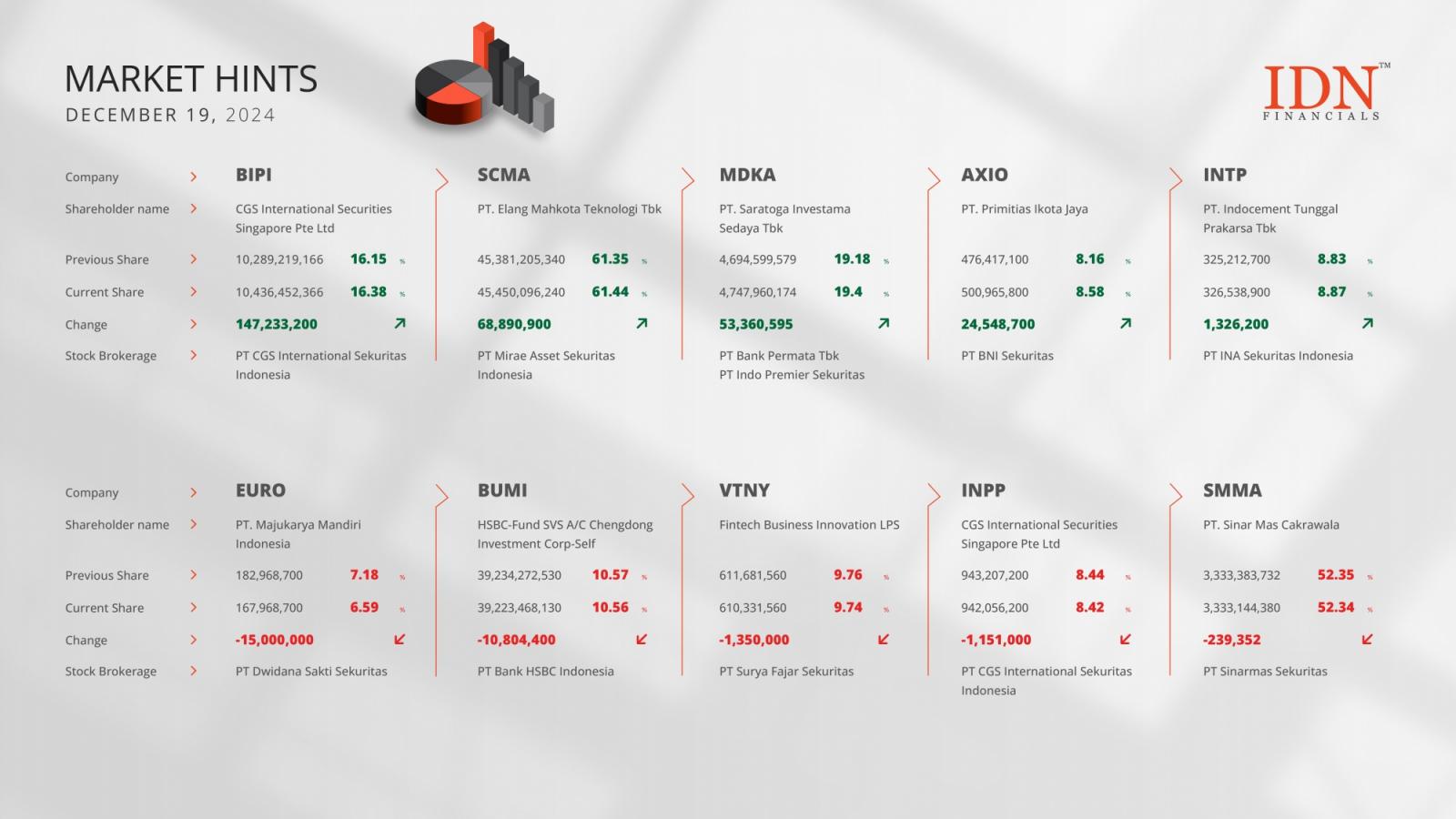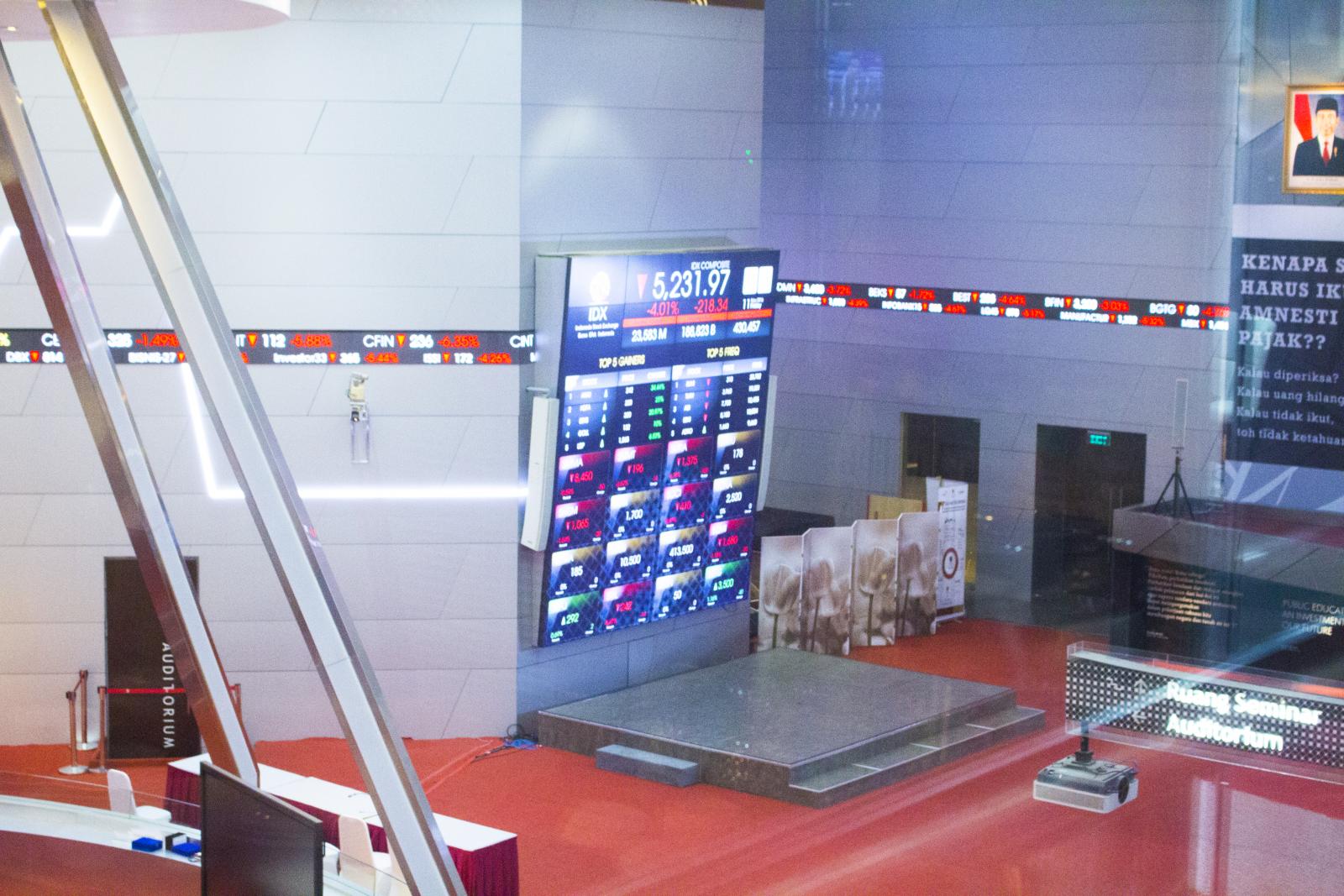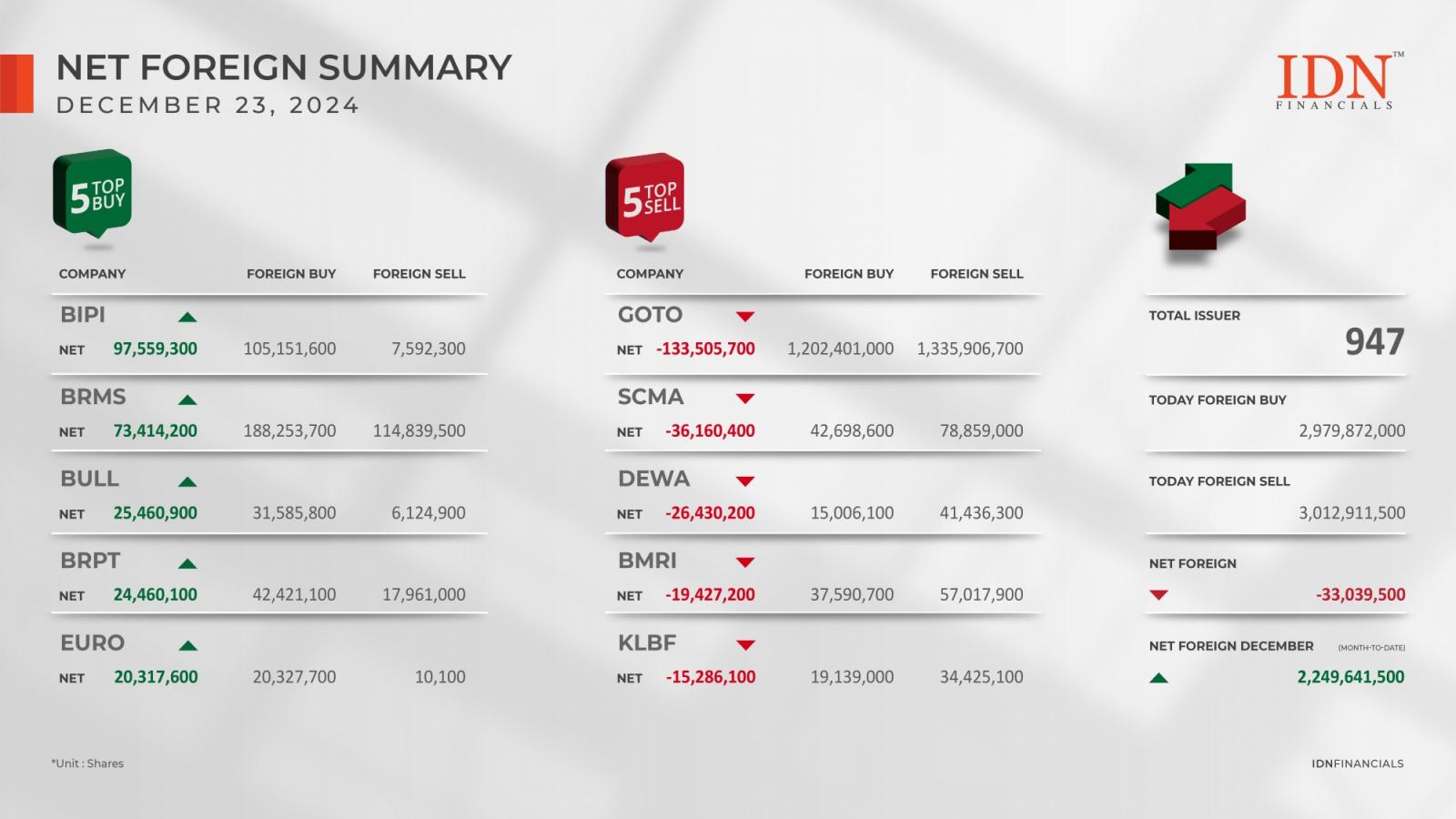
European stocks are seen opening broadly higher on Friday, with market attention focused on a press briefing by Chinas Ministry of Finance scheduled for Saturday, where policymakers may unveil long-anticipated fiscal stimulus plans to revive the struggling property market and boost economic growth.
Traders also await U.S. producer price inflation data along with other readings on consumer sentiment and inflation expectations for more clues on the U.S. interest-rate path.
Atlanta Federal Reserve Bank President Raphael Bostic said in an interview with the Wall Street Journal that he would be totally comfortable skipping an interest-rate cut at the next Fed meeting if economic data warrants it.
Other Fed officials including Austan Goolsbee and John Williams also insisted that the timing and pace of rate cuts in coming months will depend on the data.
Closer home, German September final CPI figures and U.K. August monthly GDP data may garner investor attention later in the day.
On the geopolitical front, the Israeli military has killed 22 people in Beirut and wounded 117 in a series of airstrikes launched on Thursday.
Arab states are reportedly lobbying U.S. to stop Israel from attacking Irans oil sites, fearing that Tehran may retaliate by striking their own oil infrastructure in the region.
Asian stocks were mixed, with Chinese markets suffering heavy losses while Hong Kong markets were closed for a public holiday.
Seoul stocks were little changed as the Bank of Korea lowered its key interest rate by a quarter percentage point to 3.25 percent, marking the first cut in over four years, and signaled a shift to an easing cycle.
The dollar weakened while gold extended overnight gains as traders increased bets on Fed rate cuts. Oil edged lower but was on course for a second straight weekly gain.
U.S. stocks ended marginally lower overnight while longer-dated U.S. Treasury yields edged up in choppy trading, as data showed slightly stickier inflation for September and a big jump in the initial jobless claims to its highest level in a year last week.
Data showed the annual rate of consumer price growth slowed to 2.4 percent in September from 2.5 percent in August while economists had expected the pace of price growth to slow to 2.3 percent.
The annual rate of core consumer price growth accelerated to 3.3 percent from 3.2 percent in August.
Investors also digested comments from Fed officials and looked forward to earnings from big banks.
The Dow slipped 0.1 percent and the S&P 500 dipped 0.2 percent after hitting record closing highs the previous day. The tech-heavy Nasdaq Composite ended flat with a negative bias.
European stocks also closed on a weak note Thursday due to lingering geopolitical tensions and uncertainty over the U.S. rate outlook.
The pan European STOXX 600 dropped 0.2 percent. The German DAX and Frances CAC 40 both dipped by 0.2 percent while the U.K.s FTSE 100 finished marginally lower.





